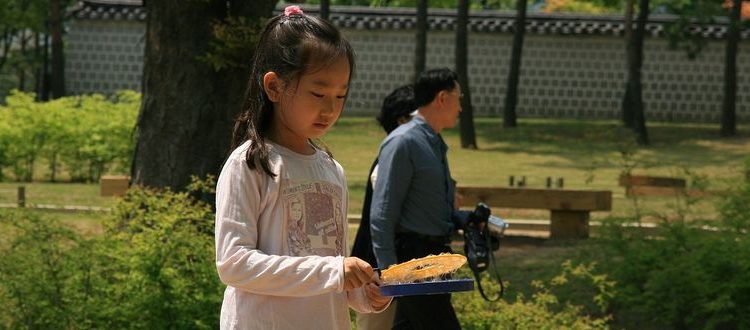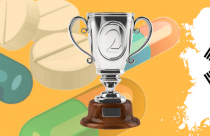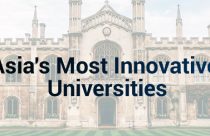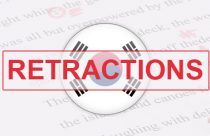Korean Research Fraud: Kids Listed as Manuscript Co-Authors

Fraudulent research has taken a turn for the worse, this time in South Korea. At least 82 academic papers published by South Korean researchers have been identified as fraudulent. Apparently, South Korean researchers have been naming their own children or other relatives as co-authors in order to improve their chances of admission to top universities. The national government recently uncovered this dubious practice of kids being named as co-authors. The scandal will undoubtedly have a negative impact on the reputation of several renowned research institutions, including Sungkyunkwan University, Yonsei University, Seoul National, and Kookmin University. In fact, a total of 29 universities in South Korea are affected.
The problem of child authorship was first discovered a year ago. The fraud became apparent that a researcher at Seoul National had included his son’s name as co-author on dozens of published papers. According to the Korea Herald, the kid, who had not even completed his highschool, has authored as many as 43 papers of his father.
Impact vs. Integrity
We continue to see new ways of taking short-cuts around publication ethics. The rush to make an impact in science is often at the cost of integrity and quality. Sloppy work and outright fraud have taken many forms: manipulated or fake images, modified data, plagiarism and other problems that have caused many articles to be retracted. Until now, phony or underage authors were unheard of, which has changed with the recent news from South Korea.
The South Korean scandal is one more indication that the “publish or perish” problem has escalated. It is no longer enough simply to publish one’s work. In today’s academia, career advancement depends more and more on publishing breakthroughs, rather than solid but less exciting replication studies. The increasing pressure to publish new findings is being felt by researchers globally.
On top of the enormous pressure to publish new findings, there is an added problem in South Korea. This has to do with the faulty higher education system in that country. The national goal is to make university education available to everyone. As a result, its quality has deteriorated. University education is no longer enough for young people in South Korea to gain recognition and employment. In order to succeed they must attend the very best schools in the country if their degree is to be meaningful. The competition is fierce, which partly explains why admissions fraud is a problem in South Korea and why some parents feel they are helping their children by including them as co-authors on papers.
Should child authorship be an accepted practice? While it is not that unusual for related individuals to work together and appear as co-authors on a paper, the best research programs and journals have strict rules about disclosing these relationships. It is highly unusual for a person without credentials (without a PhD or similar degree) to be named on a paper. The young people whose names appeared on the South Korean papers were high school age or even younger. At the very least, the research proposal as well as any paper submitted for publication must clearly indicate if there is any researcher involved who is below the age of 18.
What’s next for South Korean researchers?
The South Korean story is far from over. The journal Nature reports that the investigation is ongoing. Over the next several weeks, the investigators will cross check the family names of as many as 76,000 South Korean researchers against article citations in major databases. The goal of the investigation is to determine how many more articles already published might include kid authors. The investigation will focus on papers in well-known citation databases: Science Citation Index (SCI), Web of Science, and Scopus.
The scandal comes at a crucial time for South Korea, when it is striving for global recognition as host of the Olympic winter games. The good news is that the government has acted quickly. We can only hope that the investigation is thorough and helps prevent this sort of fraud from happening again.
The South Korean academic community and researchers all over the world have the responsibility of monitoring their colleagues and keeping high standards of publication ethics. Why not take the time now to review the basics of ethical research and publishing? Please share your thoughts with us in the comments section below.








